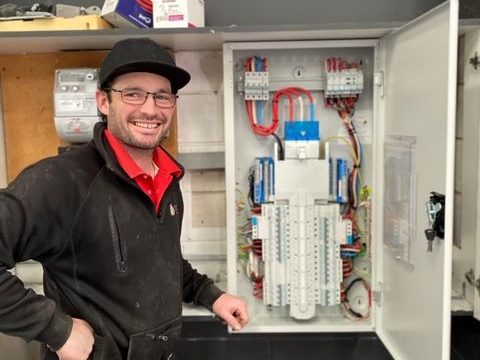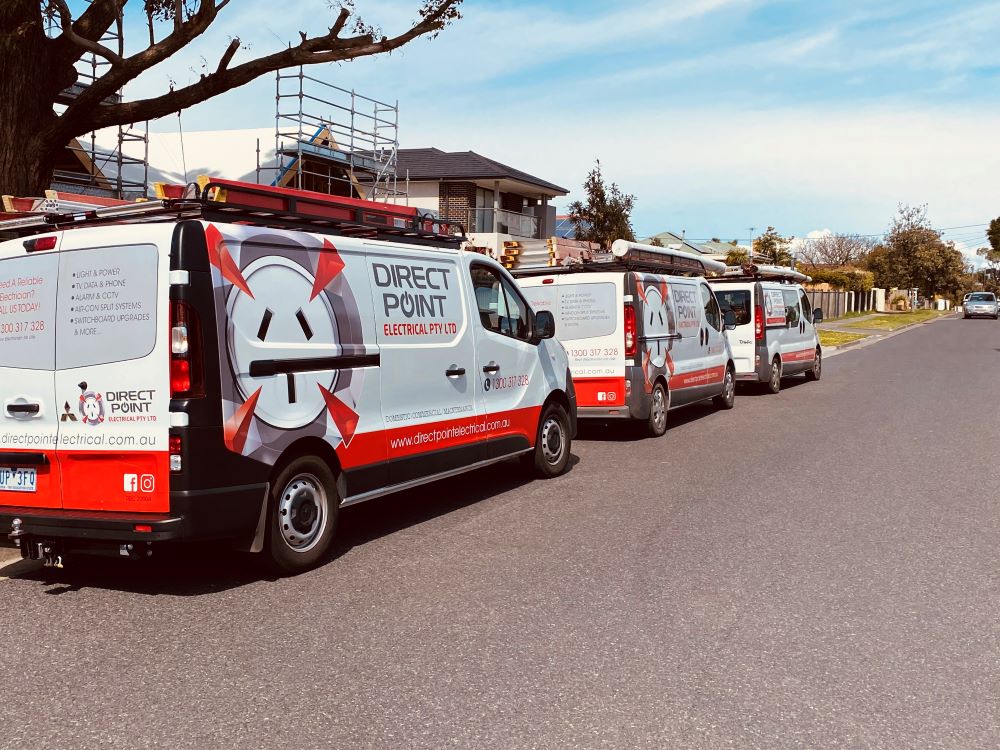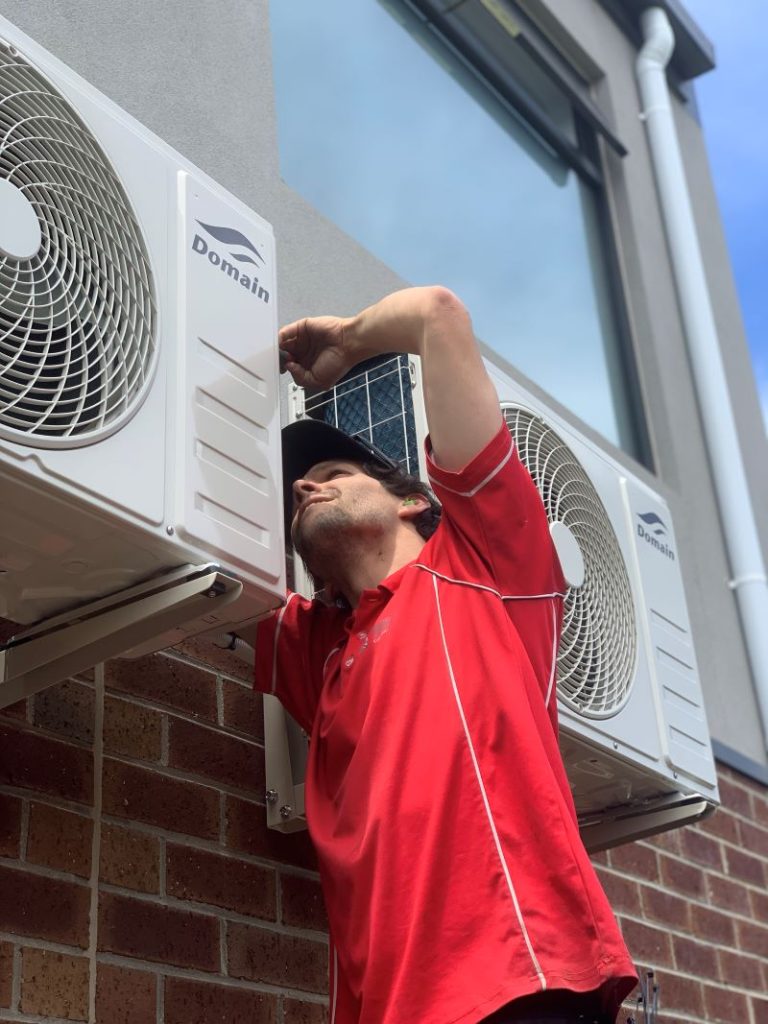Why You Should Prioritize Electrical Safety Inspections for Your Home
An electrical safety inspection is an essential and thorough evaluation of your home’s wiring, switchboard, outlets, and safety devices. This crucial assessment ensures that your electrical systems comply with the Australian Standard AS/NZS 3000 and identifies potential risks such as overloaded circuits, faulty wiring, or the absence of safety switches. Conducted by qualified electricians, these inspections are vital for preventing dangers such as electric shock, devastating fires, and damage to your valuable household appliances, thus promoting overall safety in your living environment.

Essential Electrical Safety Inspections Every Homeowner Must Schedule
Many homeowners mistakenly believe that their home’s electrical system is functioning well until a major problem surfaces. However, how can you be certain that your wiring isn’t deteriorating behind the walls? Are you positive that your switchboard is operating properly and not overheating? Regular electrical safety inspections are not merely precautionary; they are a crucial necessity, particularly in older neighborhoods like Narre Warren and Rowville. Given that many homes in these areas are over 40 years old, the original switchboards often require upgrading or replacement. Whether you are buying, selling, renovating, or simply haven’t had an inspection in several years, comprehending how these inspections work and their significance is vital for ensuring your home’s safety and security.
Comprehensive Overview of What an Electrical Safety Inspection Involves
An electrical safety inspection encompasses a detailed assessment of your property’s entire electrical infrastructure. A certified electrician will thoroughly evaluate the condition, compliance, and functionality of:
- Wiring and cable insulation to ensure safety and compliance
- Power outlets and light switches for proper functionality
- Switchboard and circuit breakers for operational integrity
- Residual Current Devices (RCDs) or safety switches to prevent electric shocks
- Earthing and bonding systems for effective grounding
- Appliance connections and load capacity assessments
- Smoke alarm wiring (if hardwired) for fire safety compliance
- External weatherproofing of outdoor circuits to prevent environmental damage
At Direct Point Electrical, we meticulously adhere to all relevant legislation and guidelines, including the AS/NZS 3000:2018 Wiring Rules, Energy Safe Victoria protocols, and Victorian Rental Tenancy Regulations, ensuring that your home remains safe, compliant, and up to date with current standards.
Understanding the Importance of Electrical Inspections for Older Homes
Homes constructed before 1990 often employed outdated wiring techniques, utilizing materials such as rubber-insulated or aluminium cabling. These materials can degrade over time, particularly in environments exposed to heat or moisture. If your residence has not undergone rewiring or an inspection in the past two decades, it is crucial to schedule a safety inspection as soon as possible. We often encounter serious issues, including:
- Non-earthed outlets that pose significant risks
- Oversized fuses that can lead to circuit overloads
- Lack of smoke alarms that compromise fire safety
- Circuits without RCDs that leave you exposed to electric shocks
- Undersized cabling for modern electrical loads that can create hazards
These problems represent considerable dangers that could jeopardize both your home and your personal safety, making timely inspections indispensable for any homeowner.
Optimal Timing for Scheduling Your Electrical Safety Inspection
- Before purchasing or selling a property: This is often a requirement by lenders and is a recommended practice for buyer diligence.
- Prior to renovations or major appliance upgrades: Ensuring electrical safety before making changes is essential.
- After experiencing flood, storm, or fire damage: Quick inspections help identify any new hazards that may have arisen.
- If your home is over 25 years old: Regular inspections are critical for older properties to ensure safety.
- As a landlord, during the preparation of a rental property: Compliance and safety checks are of utmost importance.
Since March 2021, landlords in Victoria are mandated to perform electrical safety checks every 2 years, in accordance with the Residential Tenancies Regulations 2021.
For more information, please visit: Victorian Government Consumer Affairs.
Detailed Process of Conducting an Electrical Safety Inspection
Our licensed electricians perform a thorough walkthrough and assessment of all accessible electrical systems, which includes:
- Testing every socket and switch for any faults
- Checking polarity and voltage across all points to ensure functionality
- Verifying the presence and efficiency of RCDs to prevent electrical shocks
- Inspecting the switchboard layout, protection measures, and labeling for clarity
- Utilizing thermal imaging to detect any overheating components, when necessary
- Conducting earth loop impedance testing to ensure grounding effectiveness
- Documenting any illegal or DIY wiring that may compromise safety
Upon completion of the inspection, you will receive a comprehensive written report detailing:
- Identified hazards present in your electrical systems
- Compliance status with local regulations
- Urgent repair needs (if applicable) that require immediate attention
- Recommended upgrades to enhance safety and functionality
- Options available for improving overall safety
Additionally, we provide a Certificate of Electrical Safety (COES) for any rectification work carried out during the inspection, ensuring your peace of mind and compliance with regulations.
Steps to Take if Your Home Fails the Electrical Safety Inspection
There’s no need for alarm. Many homes we inspect only require minor adjustments, such as adding an RCD, replacing a few worn outlets, or addressing an overloaded circuit. If significant issues are discovered (for example, non-earthed wiring or an outdated switchboard), we will prioritize safety risks and provide you with a clear, fixed quote for the necessary repairs to bring your home up to code. For further details on our approach to updates, please visit our electrical services page.
Understanding the Time Required for Your Electrical Safety Inspection
The duration of most inspections typically ranges from 1.5 to 2.5 hours, depending on the size and accessibility of the property. If you reside in a double-storey or split-level home, or have extensive outdoor power systems, the time required may vary slightly to ensure a comprehensive assessment is conducted effectively.
Financial Benefits of Scheduling Regular Electrical Safety Inspections
Indeed, neglecting to identify issues such as leaking current, loose neutral connections, or improperly loaded circuits can result in significant financial implications, including:
- Increased power bills due to inefficient systems
- Shortened lifespan of your appliances from electrical strain
- Risk of expensive repairs if problems remain unnoticed
Moreover, identifying faults early can protect you from potential financial burdens and legal consequences associated with an electrical fire or injury claims, particularly if you are a landlord responsible for maintaining property safety.
Frequently Asked Questions About Electrical Safety Inspections
What distinguishes a safety inspection from an energy audit?
A safety inspection focuses on identifying hazards and ensuring compliance with safety codes, while an energy audit evaluates efficiency and provides recommendations for reducing energy consumption.
Should I turn off the power during the inspection?
It is not always necessary to turn off the power. Some tests may require brief disconnections, but the majority of the inspection can proceed while the power is on.
Am I liable for penalties if I neglect safety checks?
If you are a landlord, the answer is yes. Under the Residential Tenancies Act, failing to conduct bi-annual safety checks can result in fines or complications with rental listings, which can be quite serious.
Is a safety inspection needed if I have solar panels installed?
Absolutely, a safety inspection is critical. Solar systems include additional components that require testing, including isolators, inverters, and export limits, all of which must comply with safety standards.
Can DIY electrical work adversely affect my inspection outcome?
Yes, it certainly can. Any non-compliant or unlicensed modifications must be rectified before we can issue a safety clearance, making professional oversight essential for safety.
Your Reliable Local Electrician for Comprehensive Electrical Safety Inspections
Investing in electrical safety inspections is one of the most vital and cost-effective protective measures you can take for your home. These inspections not only help prevent tragic incidents but also ensure that your home is safe, especially if it is older, has undergone recent renovations, or hasn’t been professionally assessed in years. Taking proactive steps now can save you from future headaches.
Contact Direct Point Electrical today to schedule your professional inspection and secure the electrical safety of your home.
Dependable Local Electricians You Can Rely On
Electrical Safety Inspections Explained: What Melbourne Homeowners Must Know
The Article: Electrical Safety Inspections: Essential Guide for Melbourne Homeowners first appeared on https://writebuff.com
The Article Essential Guide to Electrical Safety Inspections for Melbourne Homeowners Was Found On https://limitsofstrategy.com




